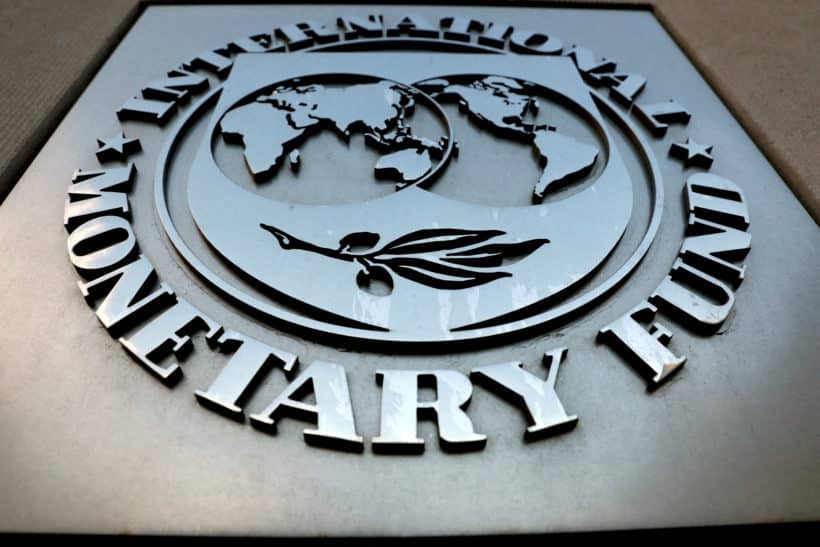
BUDAPEST, Nov 7 (Reuters) – Big hikes in the minimum wage planned in central Europe for next year raise the risk of more persistent inflation or job losses amid relatively weak productivity growth across the region, the International Monetary Fund (IMF) has warned.
With inflation easing from double-digit levels, the region’s economies are at a turning point as ebbing price growth nudges real wages back into positive territory, which governments hope will aid consumption and a broader economic recovery next year.
However, that expected boon to the region’s economies, which have slowed sharply or even contracted due to high inflation, could also pose risks if companies push rising wage costs on to customers with further price hikes.
The Polish minimum wage, already the region’s highest based on Eurostat data, is set to rise by some 20% next year. Romania’s government hiked the minimum wage by 10% from October, while Hungary has signalled a possible 10% to 15% increase.
The Czech government has been considering a 9% to 12% raise, which would also surpass the expected pace of inflation next year after a long period falling real wages which has crippled demand and sent the economy into a sustained downturn this year.
Some central banks in the region have responded to weaker price growth by lowering interest rates, led by Poland and Hungary which are still expected to run inflation rates well above their policy targets next year.
While minimum wages since 2019 have largely risen in line with inflation, caution is needed going forward, Geoff Gottlieb, the IMF’s Senior Regional Representative for Central, Eastern and South-Eastern Europe told Reuters.
“In some countries in the CEE region, large additional increases in the minimum wage are planned for 2024,” he said.
“It is possible that firms will absorb this via lower profits but there is also a risk that these increases will result in more persistent inflation or lower employment, especially given relatively weak productivity growth in the region.”
The latest data from the Organisation for Economic Co-operation and Development (OECD) showed labour productivity in central Europe’s main economies lagging the OECD average, with Poland faring best and Romania the worst.
For the right balance, Gottlieb said fiscal policy and other forms of social protection, rather than the minimum wage alone, should be the main tools to support lower-income workers.
He also said overall nominal wage growth in central Europe, which runs some of the European Union’s tightest labour markets, remained “very strong” and had to slow further for inflation to return to central bank targets.
“This requires that aggregate demand evolves in a way that makes firms less likely to pass on price increases. For this reason it is important that macroeconomic policies do not loosen prematurely or too quickly,” he said.
The National Bank of Poland, which slashed interest rates by a combined 100 basis points over the past two months ahead of an October 15 parliamentary election, is expected to cut borrowing costs by another 25 bps to 5.5% on Wednesday.
Hungary’s central bank lowered its base rate by a larger-than-expected 75 bps last month, extending an easing campaign launched in May that has seen rates fall by a combined 575 bps to 12.25% — still the EU’s highest benchmark.
In contrast, the Czech National Bank left its key rate steady at 7% last week, defying some market bets on a cut, citing wage-related risks to inflation and calling for restraint in wage deals.
Romania’s central bank, which is also likely to keep rates unchanged at 7% on Wednesday, has also warned that double-digit wage dynamics were “particularly high and worrisome” for inflation.
(Additional reporting by Jan Lopatka in Prague; Editing by Christina Fincher)

